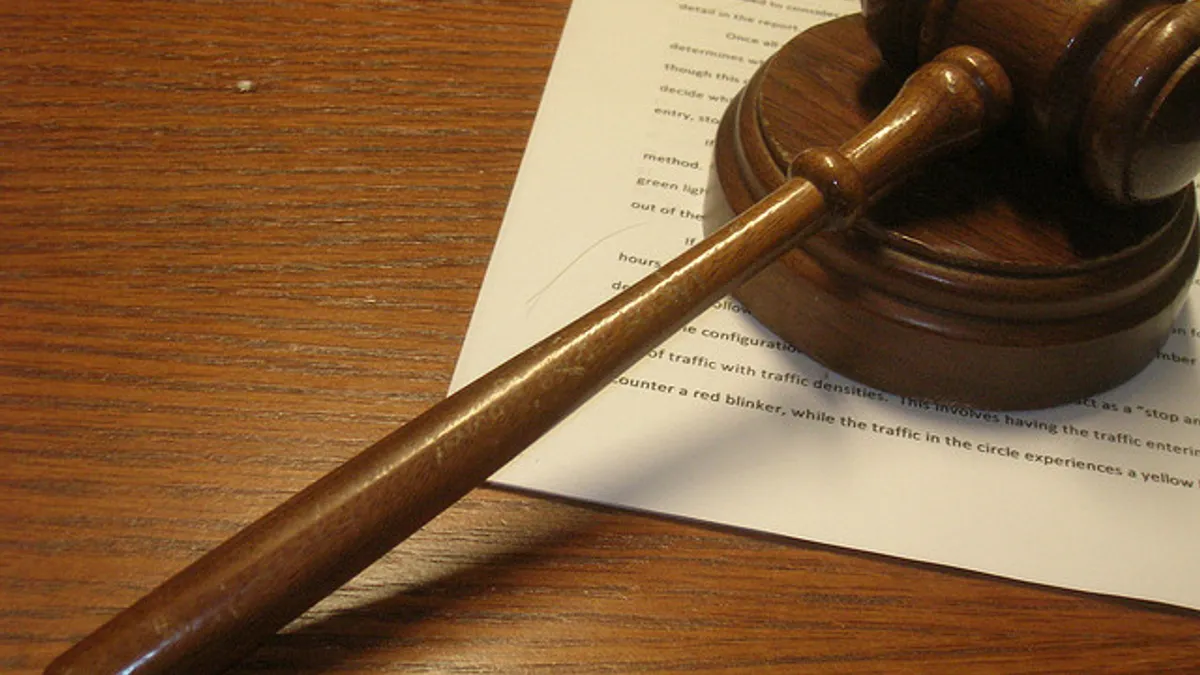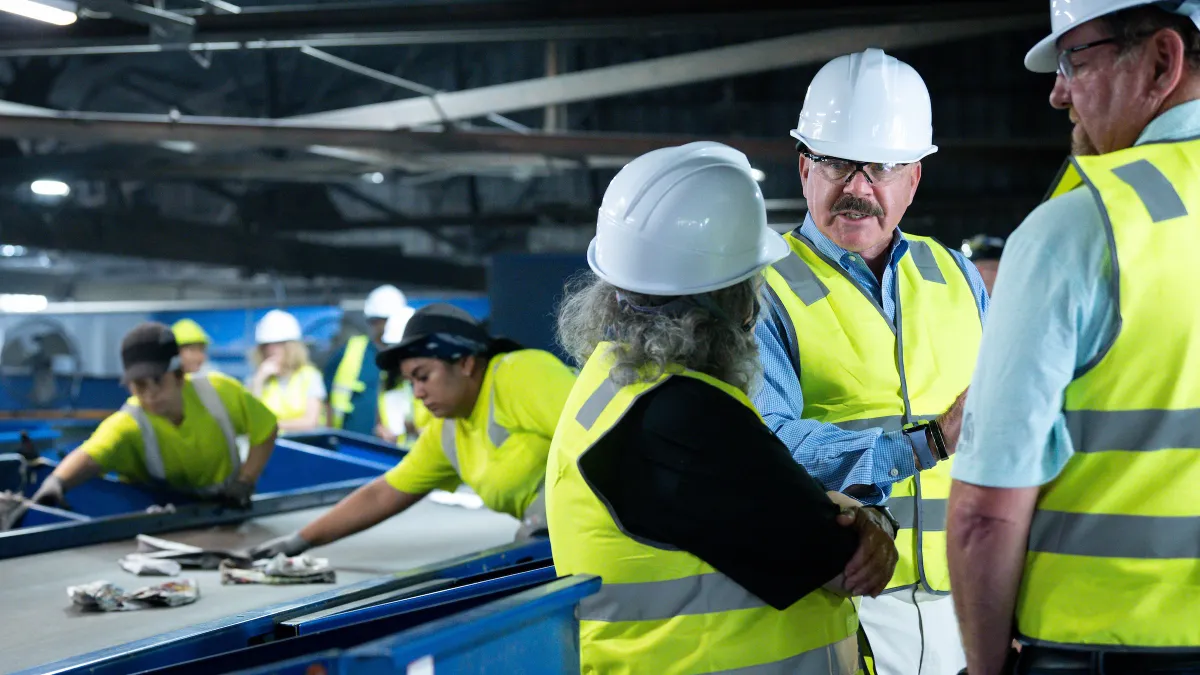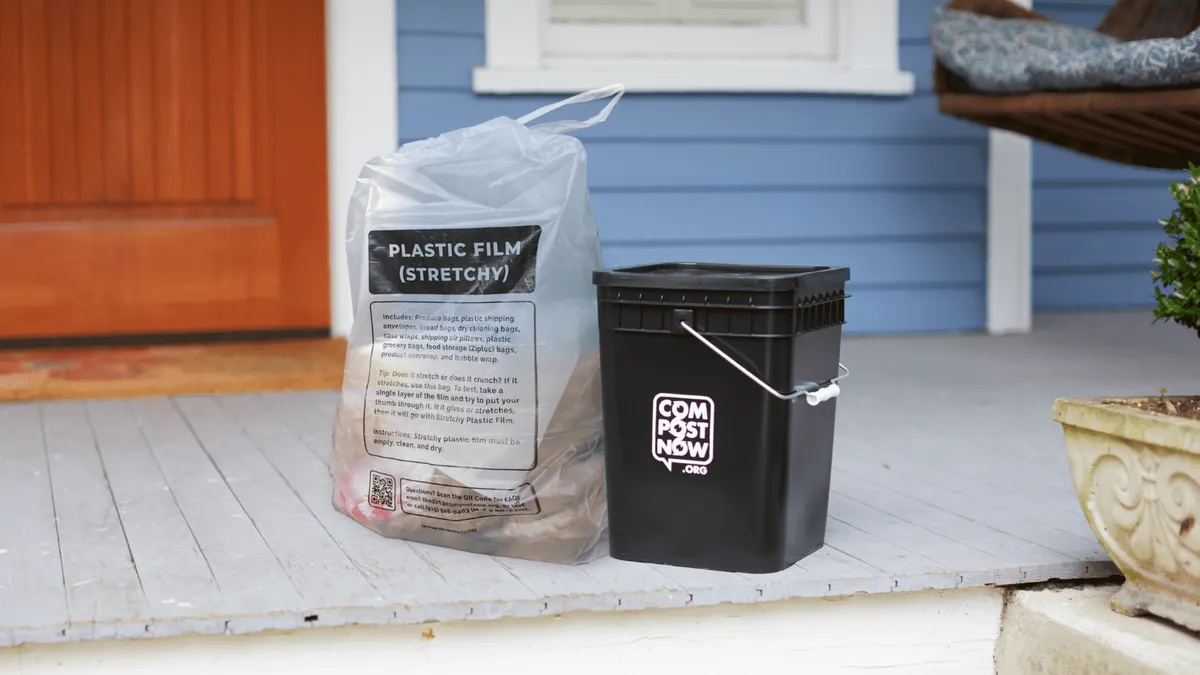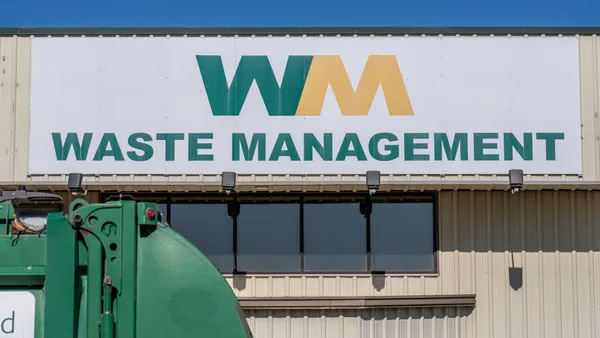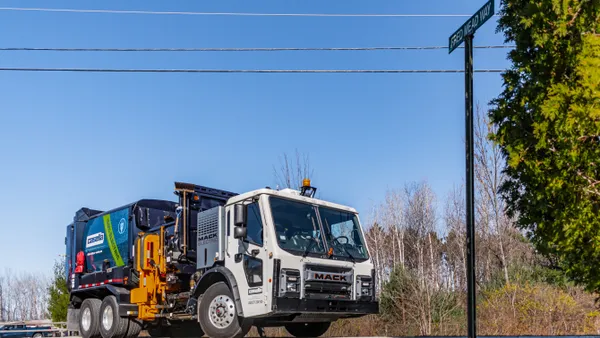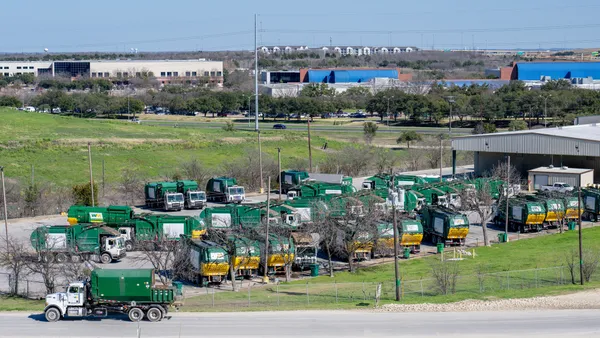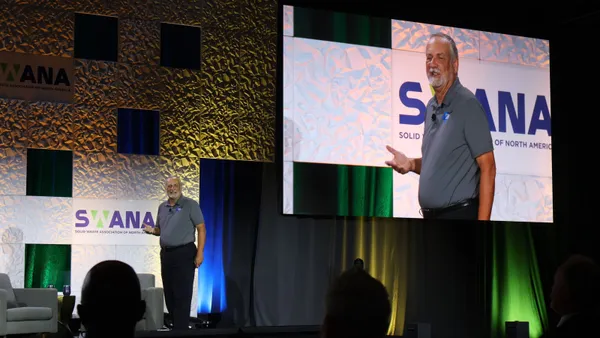Dive Brief:
- The Wisconsin state Supreme Court ruled that a decision by Green Bay officials to rescind a permit for a proposed Oneida Nations waste-to-energy gasification plant was wrong.
- In 2011, Green Bay city council OK’d a permit for the WTE plant, but changed its mind the following year, nixing the permit. The state Supreme Court agreed with a lower court ruling that concluded that the city’s decision to rescind the conditional use permit wasn’t based on adequate evidence for the action.
- "Considering the context, we determine that based on the evidence presented, the City could not reasonably conclude that the statements by Oneida Seven’s representatives to the City government regarding the proposed facility’s emissions and hazardous materials, its stacks, and its technology were misrepresentations," the Supreme Court’s opinion stated.
Dive Insight:
The WTE gasification plant that Oneida Seven Generations Corp. plans to build on Green Bay’s west side has been a point of contention years. But the developers of the plant that will convert household garbage into energy were given the go on the project in 2011.
WTE plants like the one planned by Oneida are a renewable alternative to coal-burning power plants that consume the fossil fuel to produce electricity, and which create a lot of pollution in the process. With the Wisconsin Supreme Court putting the matter to rest, Oneida will be able to present its example of an alternative method of generating electricity.


